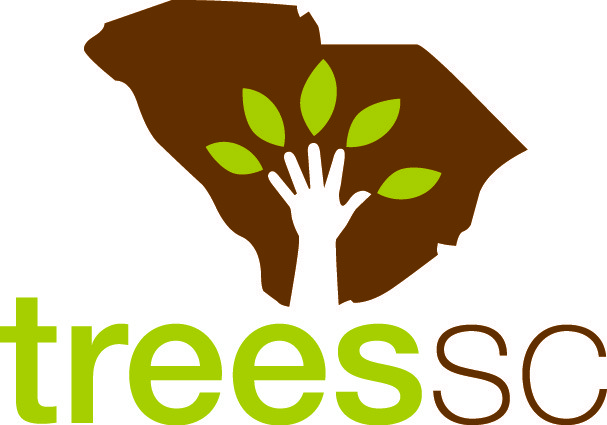by Liz Gilland, Camden Urban Forester
 Ever heard of the Xerces Society? Me neither until a few years ago. I didn’t even know what a Xerces was. The full name, Xerces Society for Invertebrate Conservation, is an international nonprofit organization that protects the natural world through the conservation of invertebrates and their habitats. In other words, little bugs, butterflies, crawling things and the like that are an integral piece of the natural world, the wildlife food chain and important for our survival, at least in terms of pollination.
Ever heard of the Xerces Society? Me neither until a few years ago. I didn’t even know what a Xerces was. The full name, Xerces Society for Invertebrate Conservation, is an international nonprofit organization that protects the natural world through the conservation of invertebrates and their habitats. In other words, little bugs, butterflies, crawling things and the like that are an integral piece of the natural world, the wildlife food chain and important for our survival, at least in terms of pollination.
Which leads me to the importance of pollinators. As I have ‘matured’ in years I find myself drawn more and more towards the little things like bees and butterflies and how their survival is so interdependent upon the plants and trees that we as arborists, planners, horticulturists, land managers, urban foresters, etc. install throughout our yards and cities. Last summer I had the opportunity to plant a pollinator garden at our riverfront park, which is more wild and wooly than any other green space in the city. In preparation, I happened across a book available through the Xerces Society (xerces.org) and purchased it. Attracting Native Pollinators is a great reference that encompasses a wide range of topics to include but not limited to: threats to and strategies to help pollinators, conservation in natural areas, a listing of various bees and creating a pollinator-friendly landscape. An added bonus is a listing of wildflowers, trees, shrubs, pasture plants and garden plants as well as dozens of butterflies.
Speaking of butterflies, the Xerces Society (which is pronounced Zer-sees) comes from the now-extinct Xerces blue butterfly (Glaucopsyche xerces), the first butterfly known to go extinct in North America as a result of human activities. The Xerces blue’s habitat was destroyed by development in the sand dunes of San Francisco, and the species was declared extinct by the 1940s.
The Society is a science-based conservation organization that works with diverse partners that include scientists, land managers, educators, policymakers, farmers, and communities. By utilizing applied research, engaging in advocacy, providing educational resources, addressing policy implications, and building community, they endeavor to make meaningful long-term conservation a reality. Lastly, the Society has taken a page from the Arbor Day Foundation and now promotes and approves the Bee City USA and Bee Campus USA programs. Check them out, I think you’ll find them illuminating.

Recent Comments